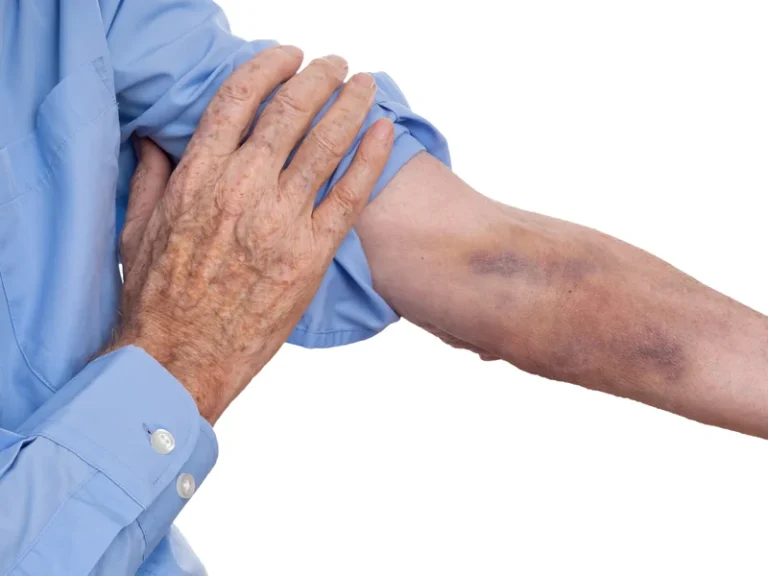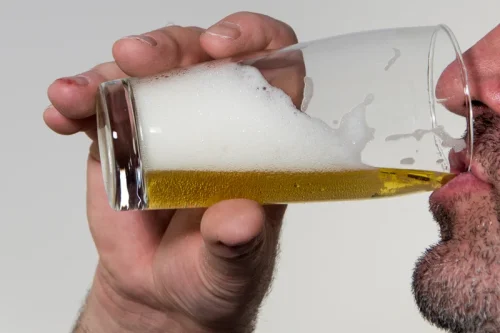
Made a list of all persons we had harmed and became willing to make amends to them all. Of course, many other books and resources are available Alcoholics Anonymous on the 12-step program, and what works best for one person may not work for another. Exploring different options and finding what resonates with you can be helpful.
Step 1 – What it Means to Admit Powerlessness
- Through consistent practice, Step 11 fosters peace, clarity, and a stronger sense of purpose in our daily lives.
- The Twelve Steps are a set of guiding principles that are outlined in the Big Book of Alcoholics Anonymous.
- This will make us less likely to take equally destructive actions in the future.
In these cases, they make promises of cleaning up their act and changing their behaviors to their loved ones just before they die. One of the most common reasons people want to make living amends is to correct past wrongs. Living amends bridges the gap between living in shame and regret and finding forgiveness. Our approach addresses the physical, mental, and emotional aspects of addiction. By promoting overall well-being, we strive to support lasting recovery and help clients develop the skills needed to maintain sobriety in the long term.
Step 9 – The 9th Step Promises and Making Amends
Many AA members have achieved lasting sobriety by focusing on spiritual principles rather than specific beliefs. The Big Book provides a column-based structure for writing an effective inventory, focusing on who we’ve harmed, what was affected, and our part in it. Taking this step thoroughly and honestly clears the path for real healing and transformation. Remember, this is not a step to delay—freedom begins when we face the truth, not when we avoid it. Step 4 calls us to take an honest, fearless look at our past actions, thoughts, and patterns. It’s a fact-finding and fact-facing process where we uncover the exact nature of our wrongs without minimizing or justifying them.
- But hospitals, as well as other places of recuperation, ought to be well outside A.A.- and medically supervised.
- True surrender begins when we stop justifying our behavior and face the truth—alone, we are powerless.
- We will suddenly realize that God is doing for us what we could not do for ourselves.
- The AA Big Book emphasizes the importance of being willing to make amends for the harm we have caused, while also avoiding causing further harm in the process.
- An example would be telling someone how sorry you are that you stole from them and actually giving back what you took.
Does Alcoholics Anonymous Work?

It means mending, or (quite literally) fixing, the relationship. Living with awareness means always paying attention to the higher power that guides you. Step 4, which involves documenting every mistake you’ve ever made, is clearly tied to courage. Some of your past will be painful, and you’ll likely have to face some of your biggest regrets. This virtue is easy to understand when it comes to practicing it on a daily basis. In recovery, not every moment will be positive, but if you keep that hope and faith alive, you’ll come back out on the other side.

- Despite the emphasis 12-Step groups place on making direct amends, it’s important to understand that this is not always a realistic option.
- It’s also important to have a plan and be prepared for different possible reactions, with guidance from a sponsor and support group of some kind.
- The sincerity and importance of making amends should hopefully be unaffected by how they are received, underscoring it is a personal commitment to growth, not reliant on someone else’s reception.
- It’s not about shame but truth, so we can clear the wreckage holding us back from freedom.
The idea of making amends can trigger anxiety and fear of rejection, but you can move through this process at your own pace. Your sponsor can also serve as a source of emotional support during this time. Step Nine can leave you emotionally exhausted; it’s a difficult step to navigate.
Making Amends: A Crucial Part of the 12 Steps
A large part of recovery is the personal growth a person will experience. 12-step meetings and addiction rehab are critical components for living amends recovery because they provide the framework for a person to experience that growth. Going through a 12-step recovery program can be incredibly useful for people trying to get sober.

What’s the Difference between Making Amends and Offering an Apology?

Sometimes, a person will simply not be willing to accept your apology or efforts to compensate them for the harm you’ve caused. They may be dealing with their own mental health issues or the effects of past trauma and not be ready to move forward. Even though this may be painful, you need to accept that you cannot control how others respond to this part of your recovery journey.
To understand what living amends are is to understand the concept behind amends in a 12 step program.
If you’re untrustworthy and unreliable, come to terms with those characteristics of yours. Figure out ways to improve upon them, and tell your loved ones what you’re working on to help you improve. Our public relations policy is based on attraction rather than promotion; we need always maintain personal anonymity at the level of press, radio, and films. A.A., as such, ought never be organized; but we may create service boards or committees directly responsible to those they serve. Each group has but one primary purpose — to carry its message to the alcoholic who still suffers. Generally speaking, they involve members speaking about their drinking and the actions they took to stop drinking.

Leave a Reply